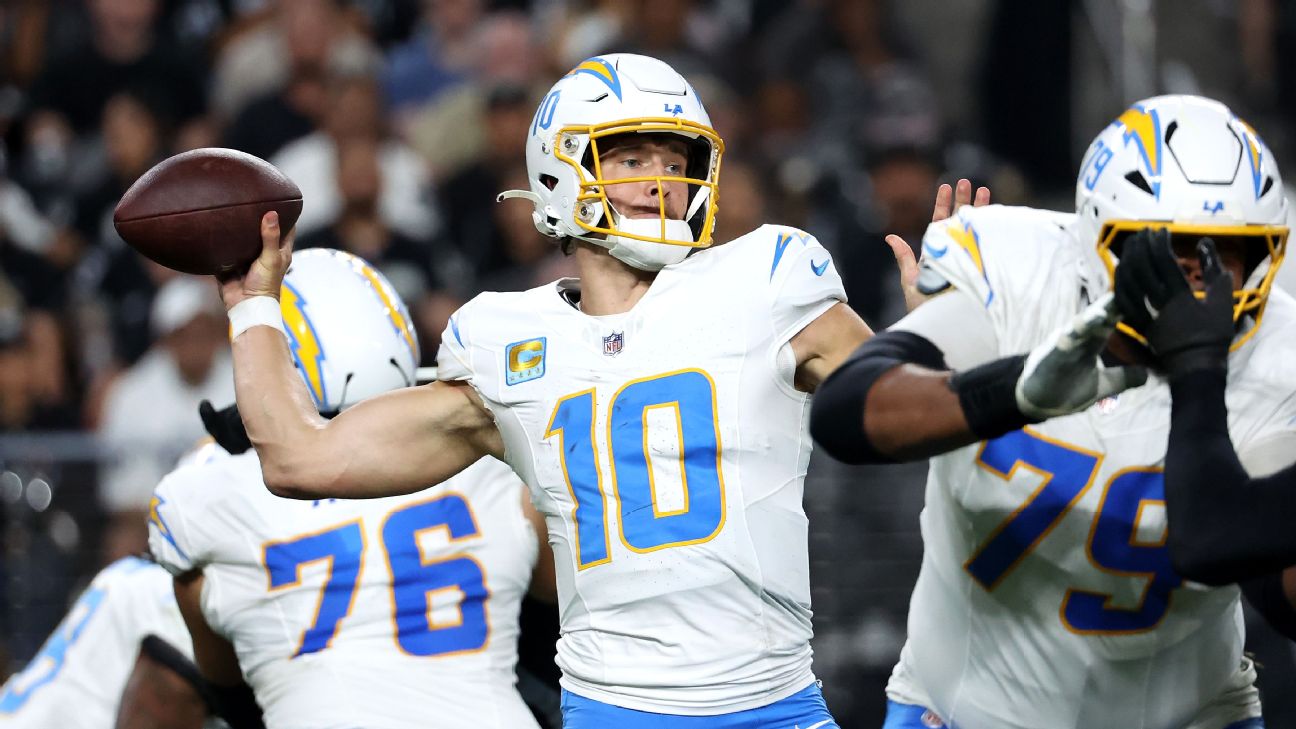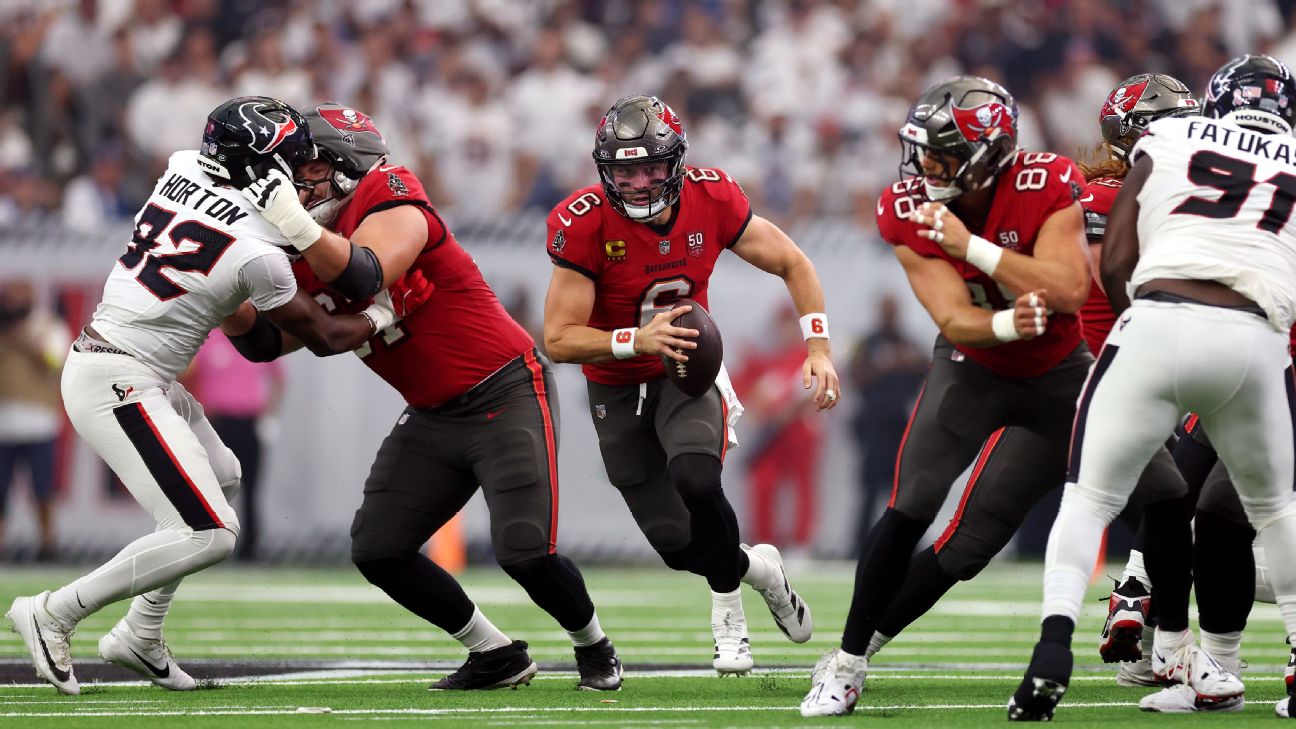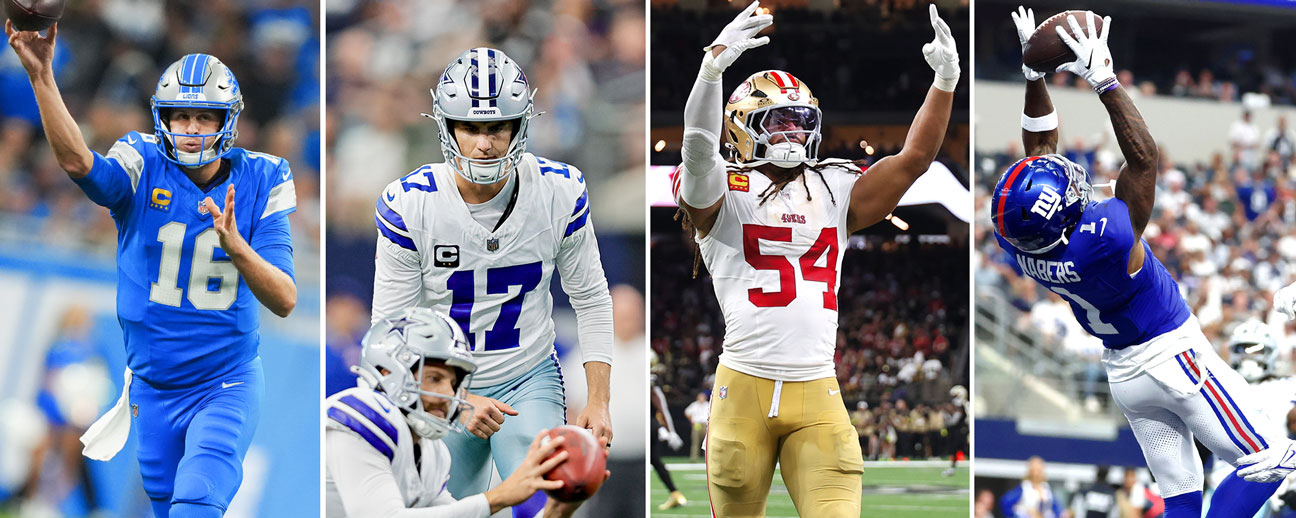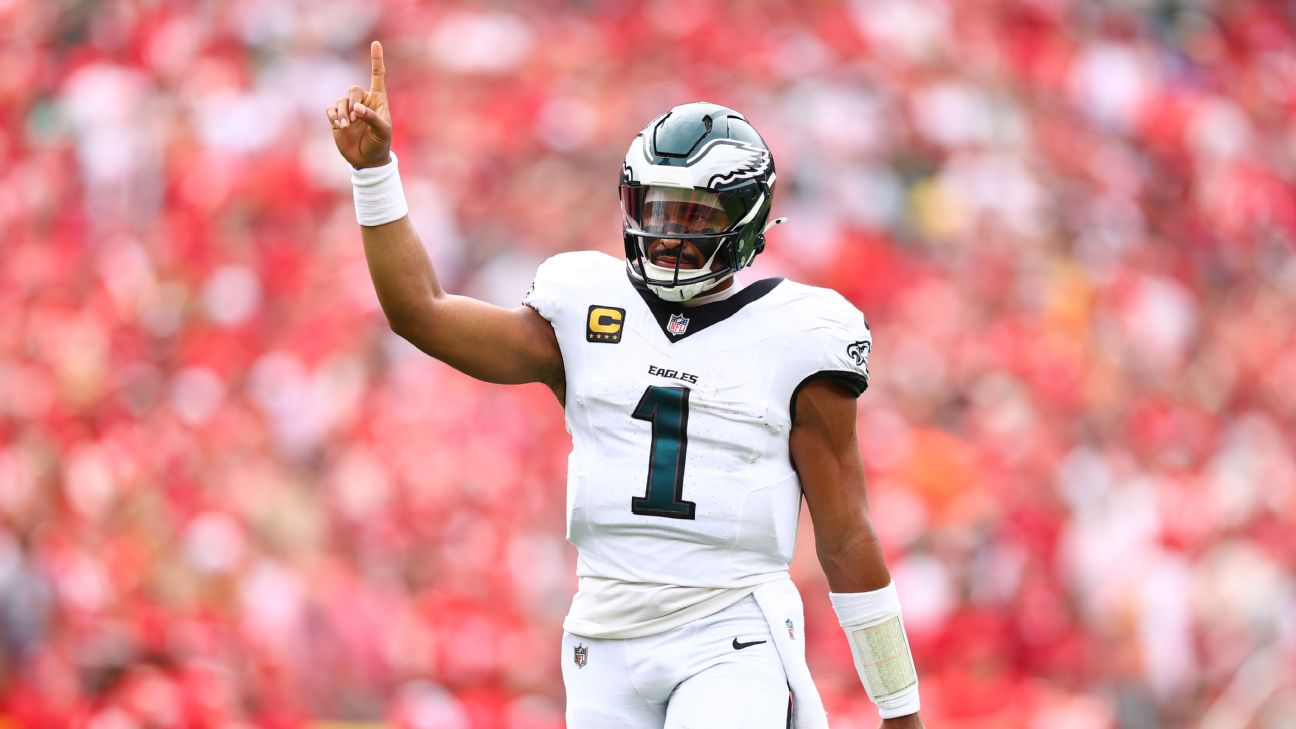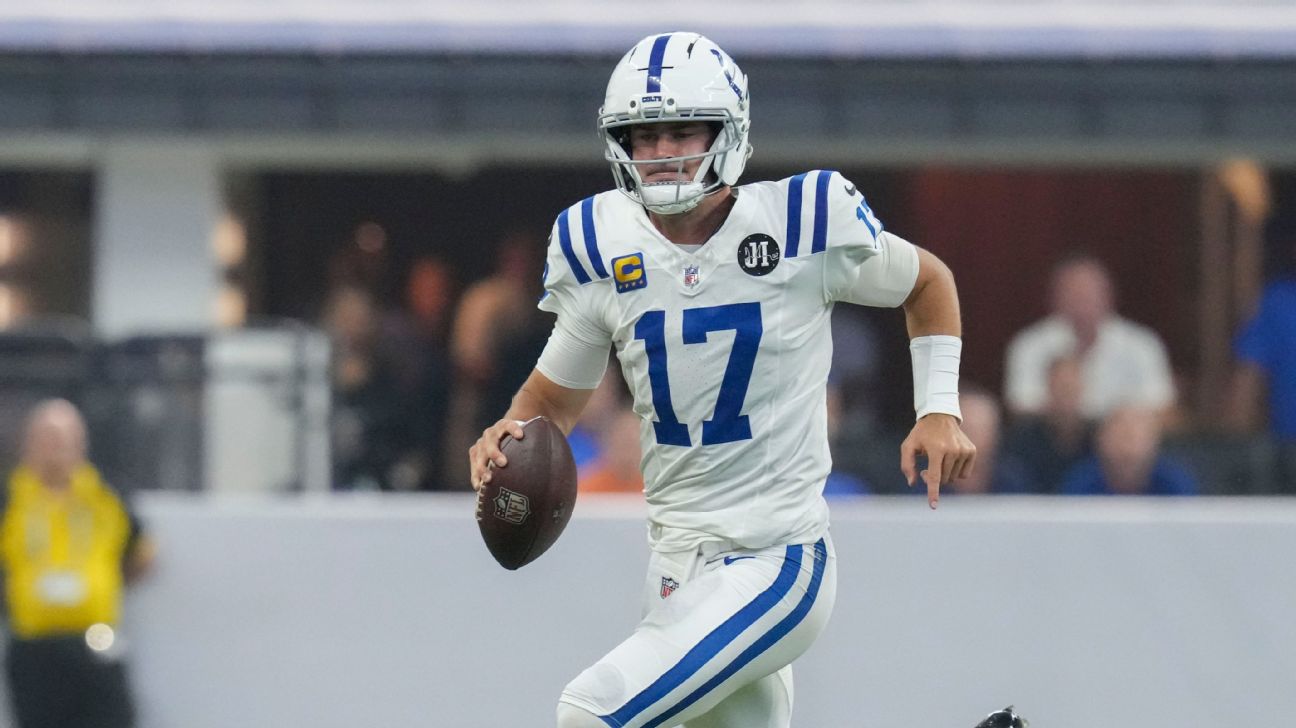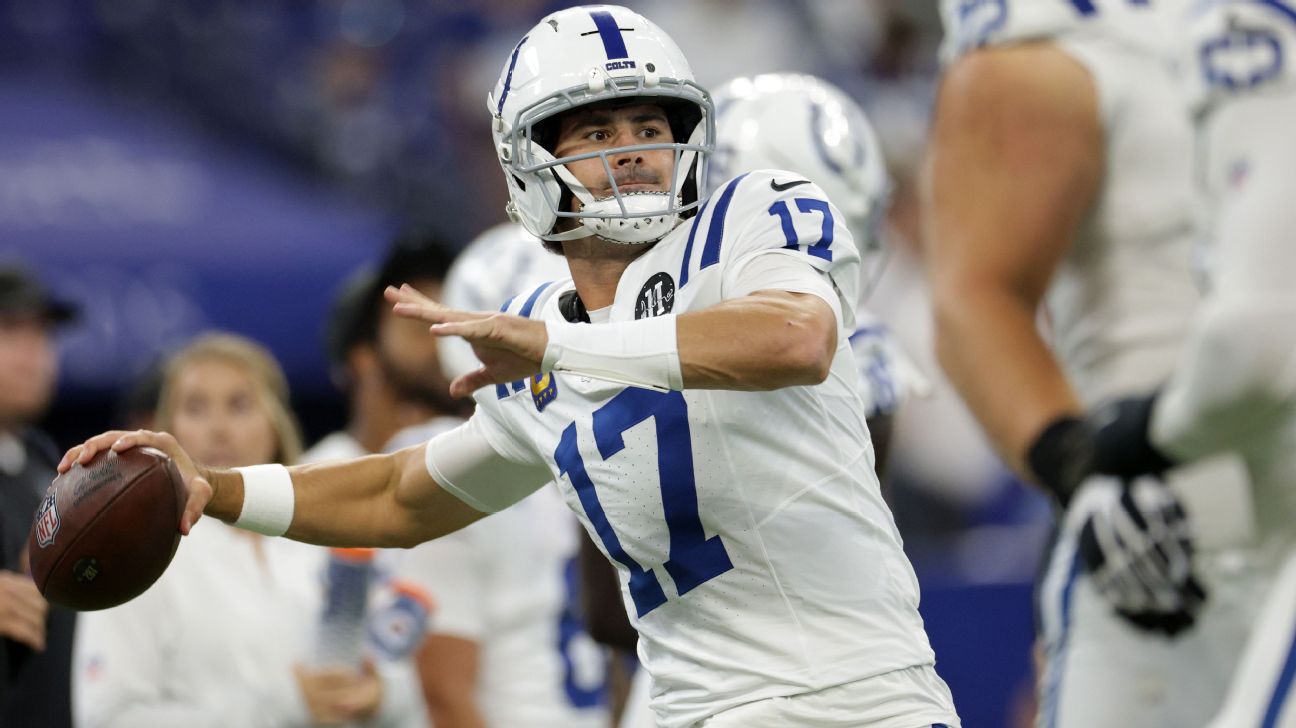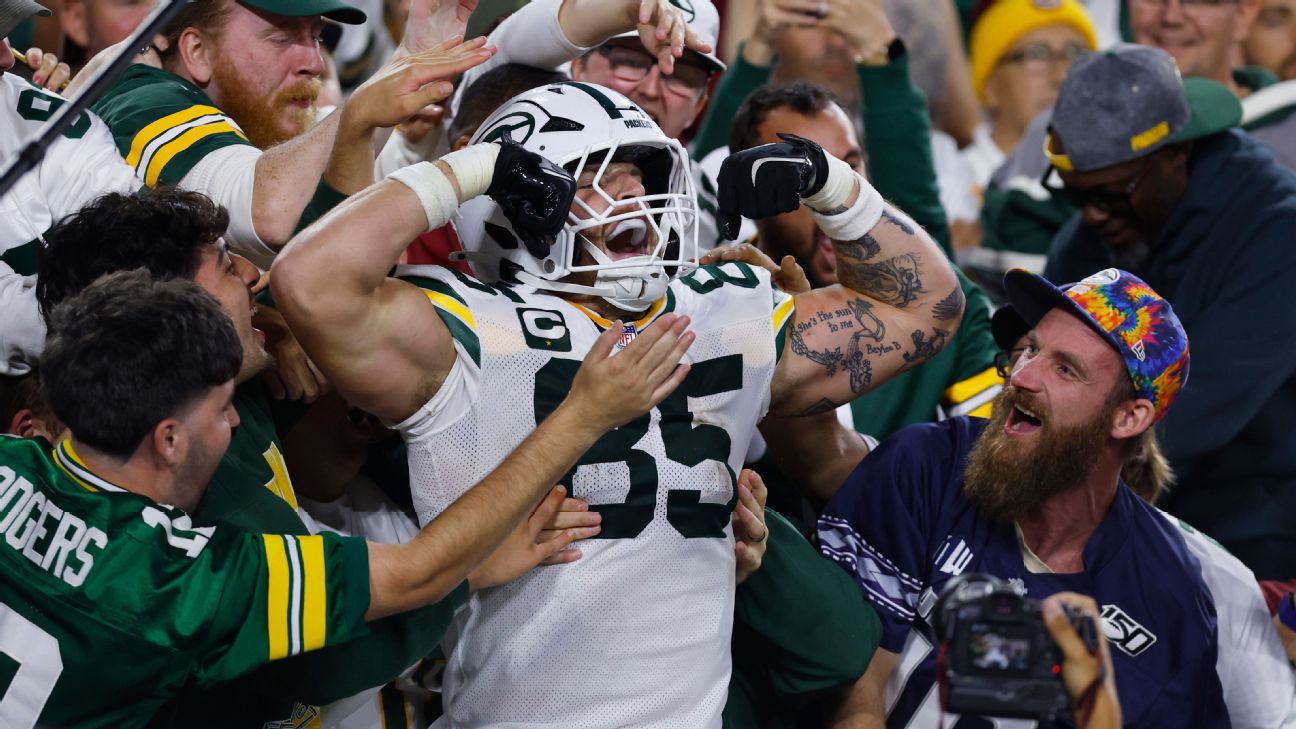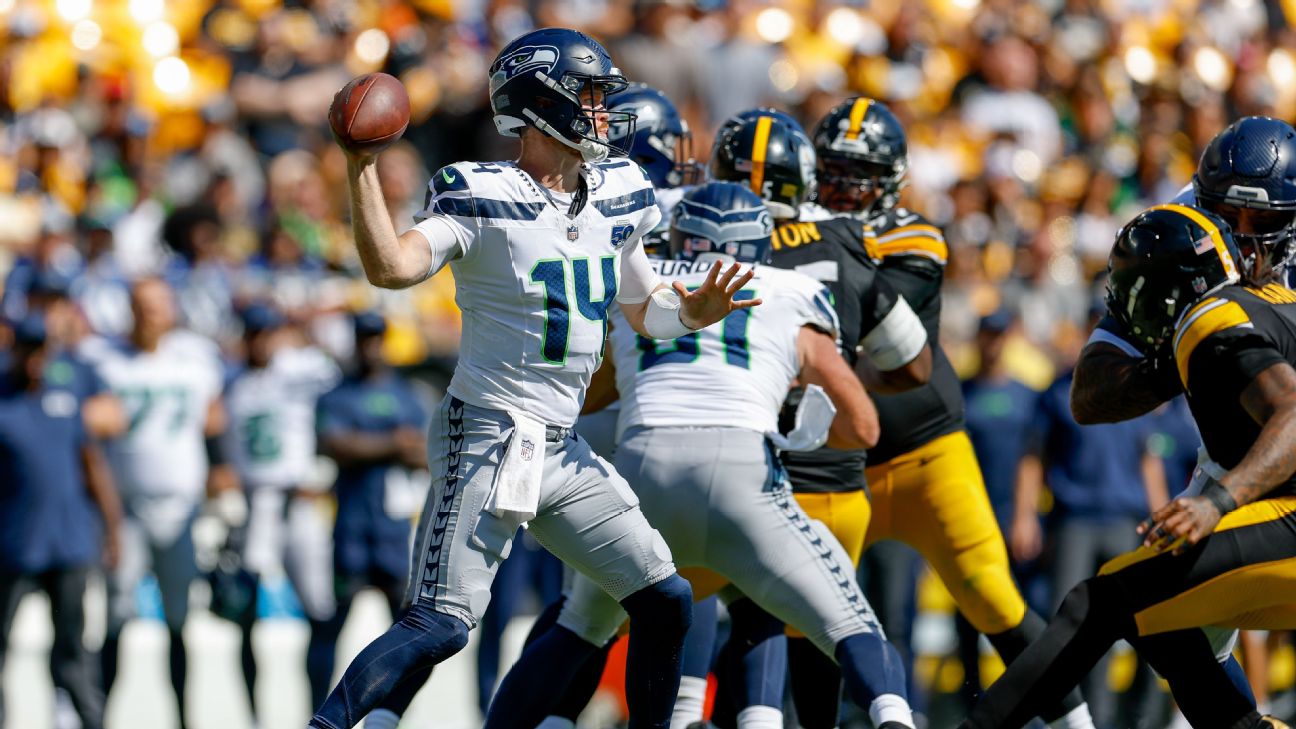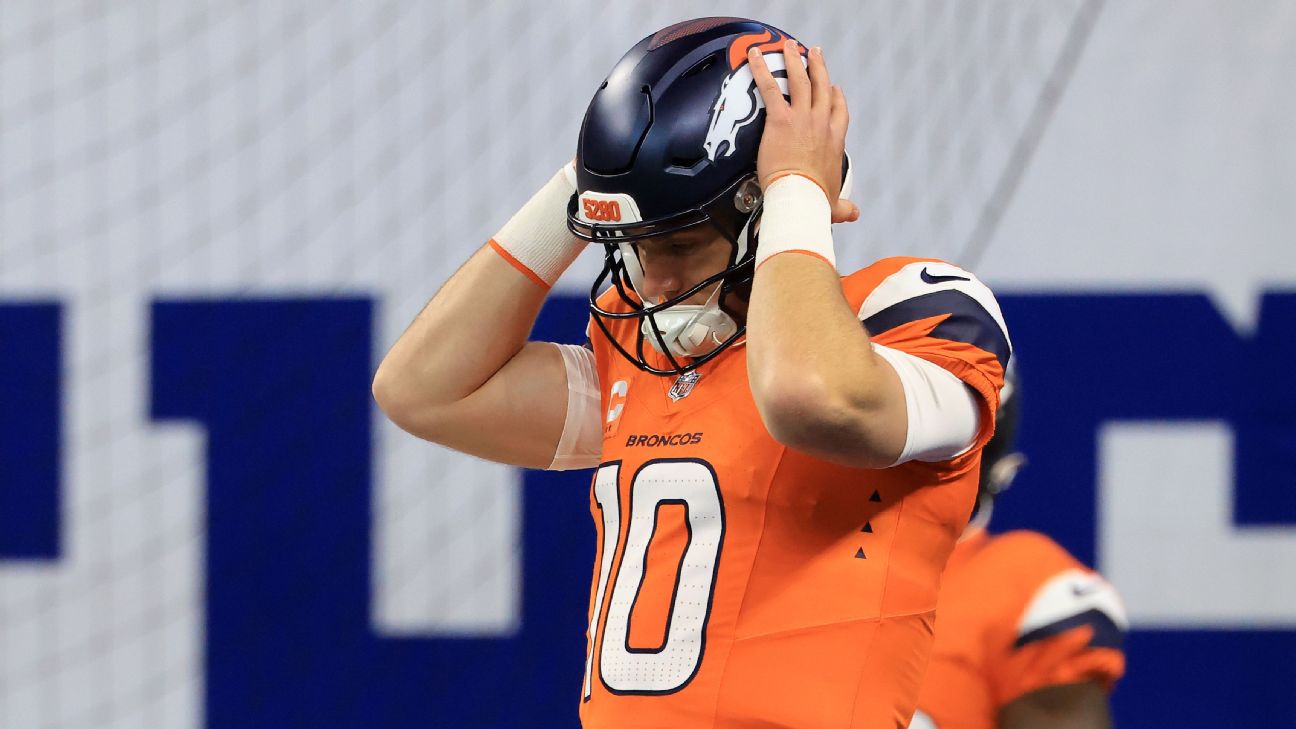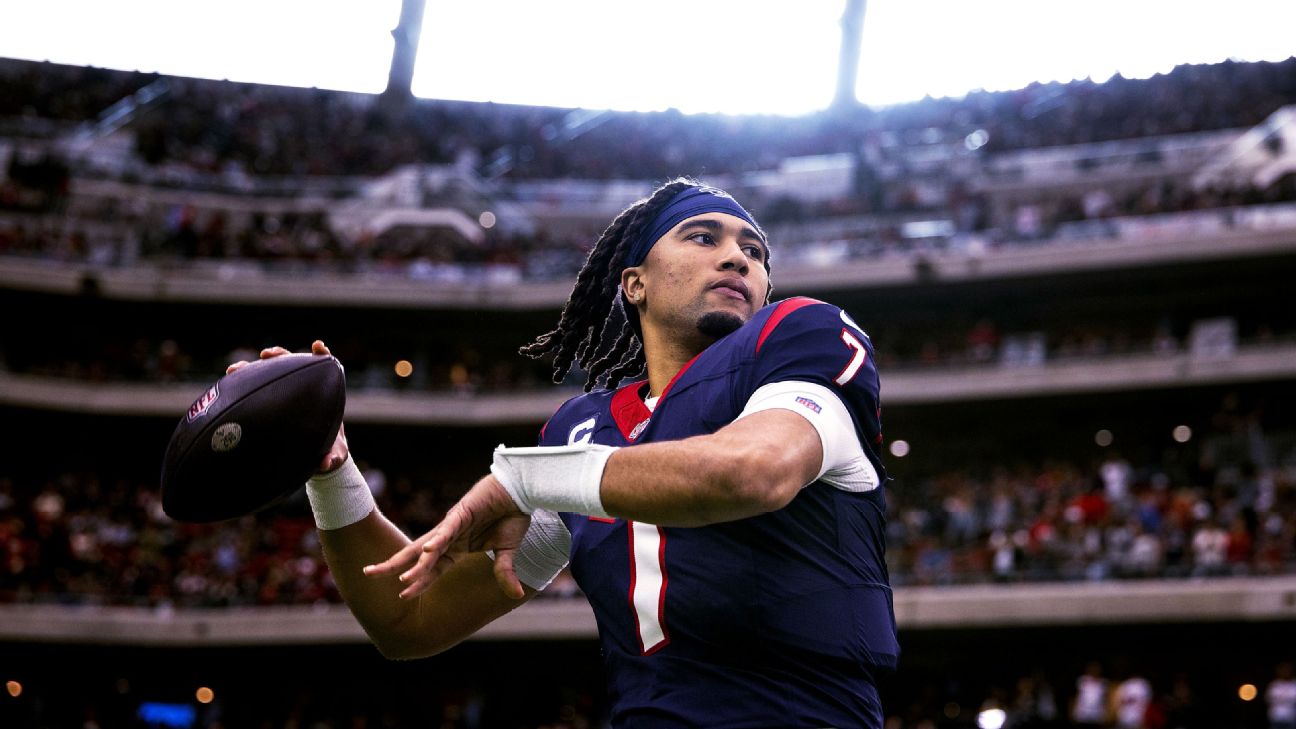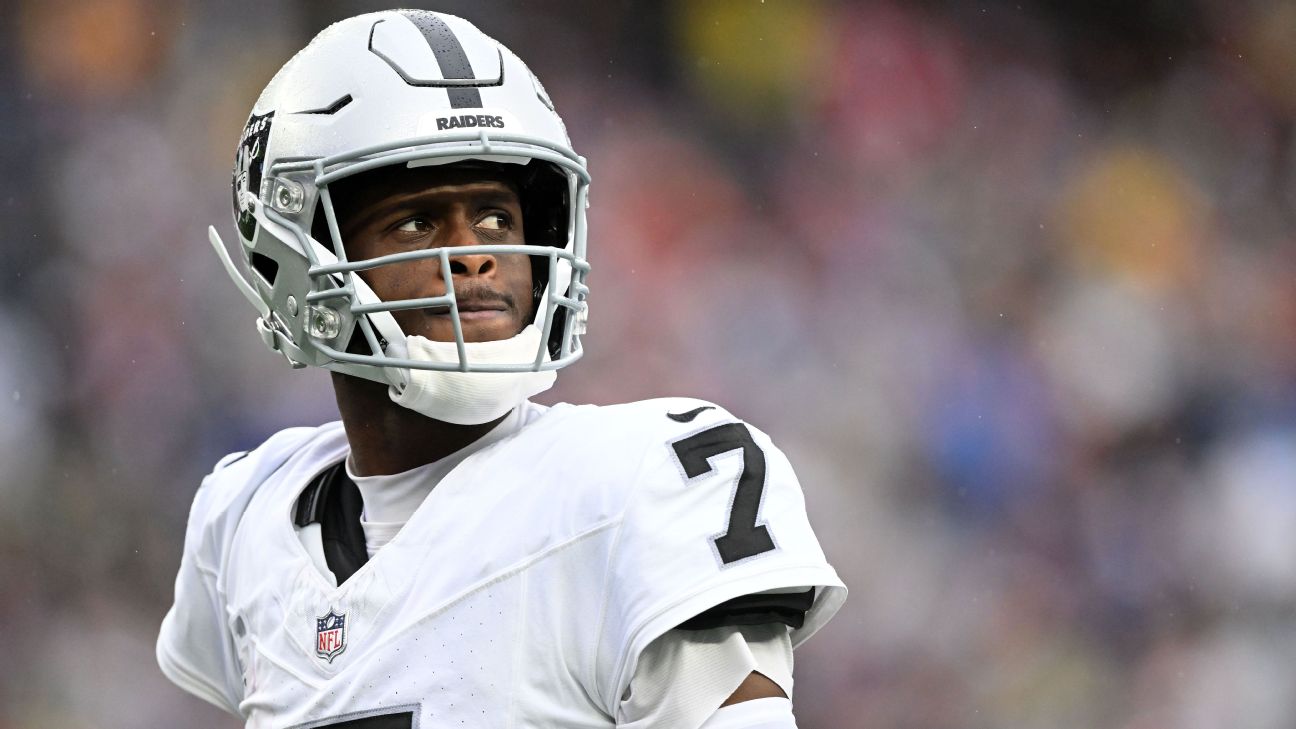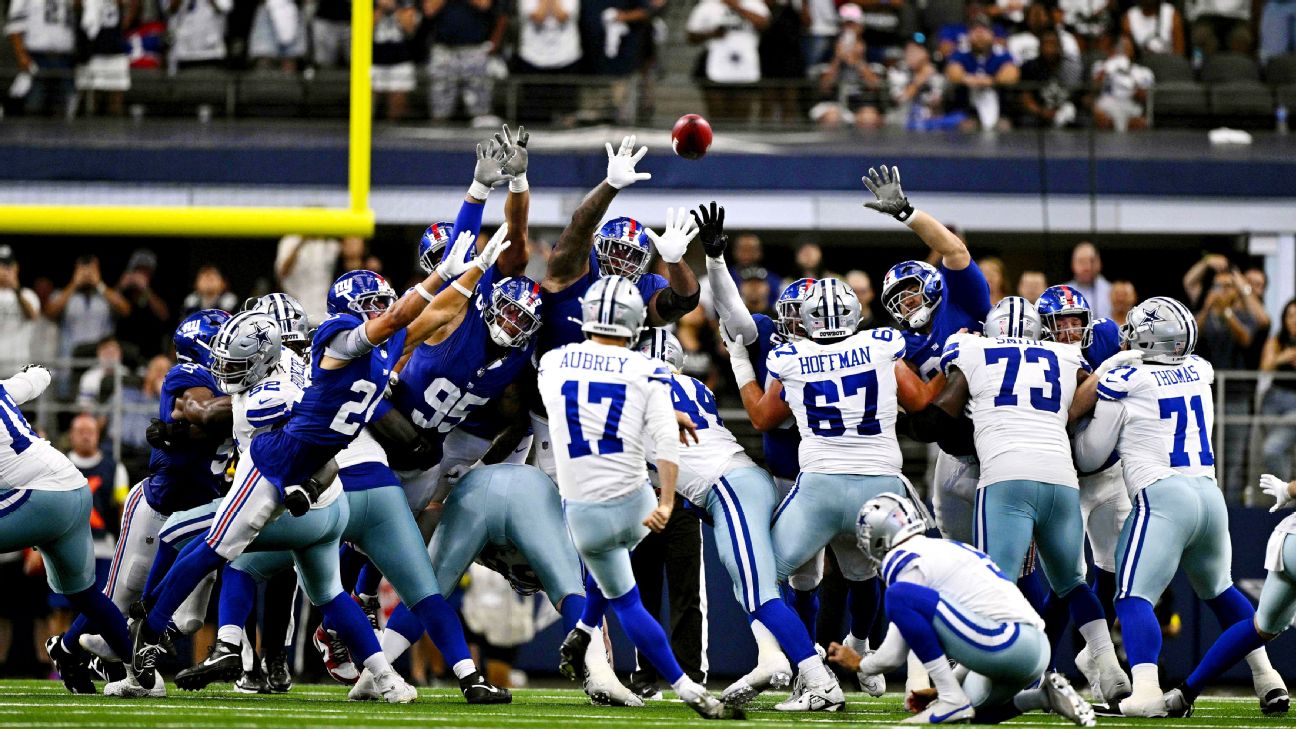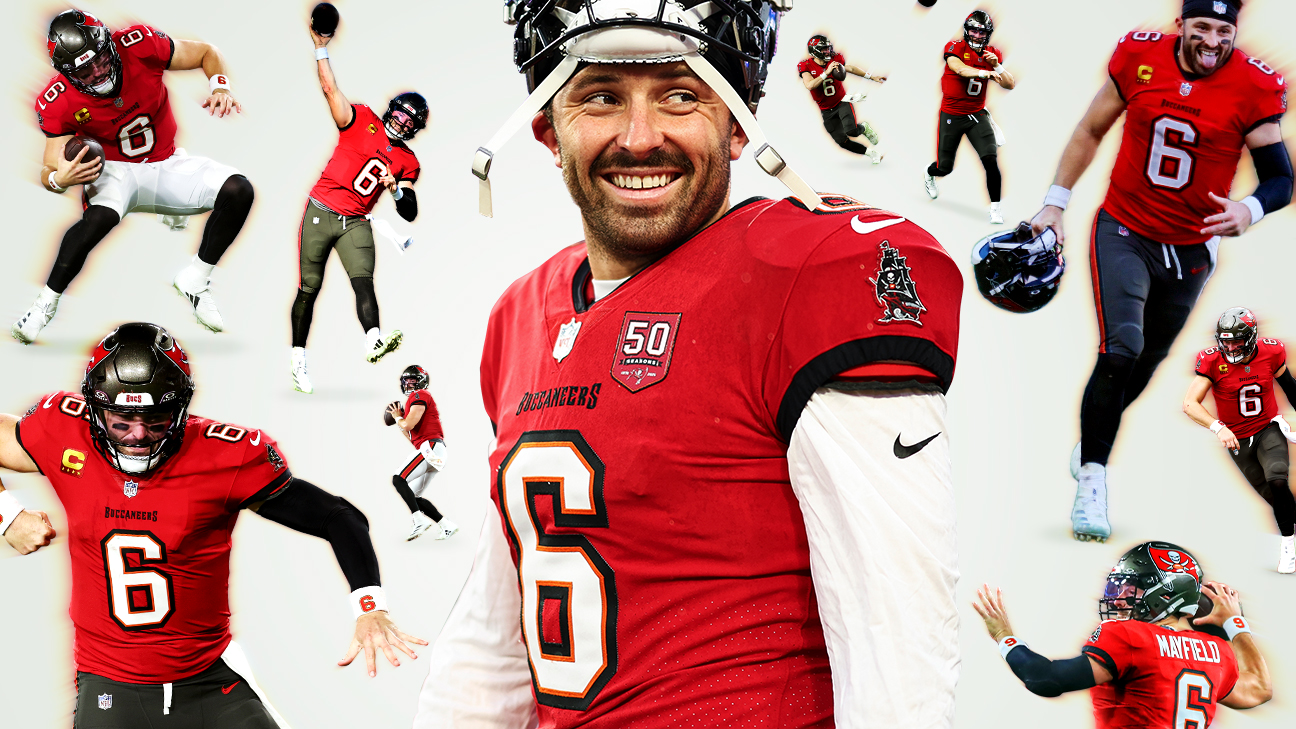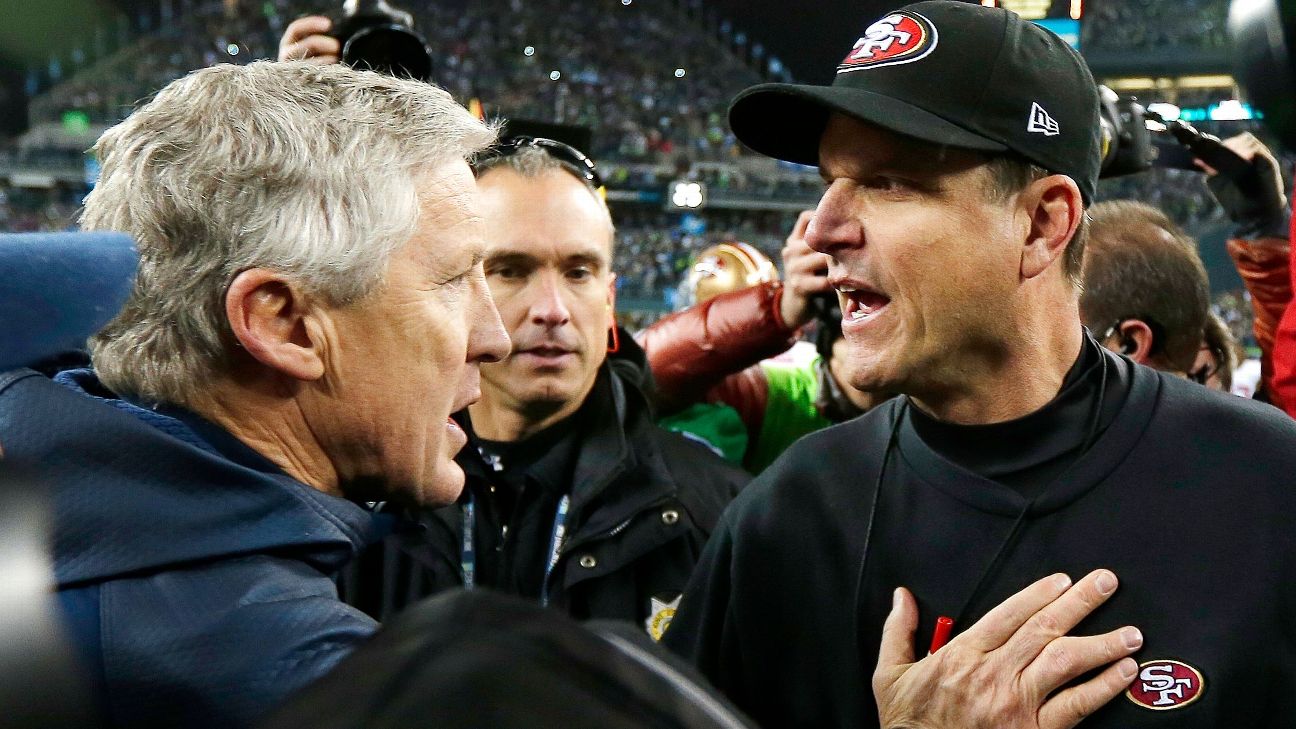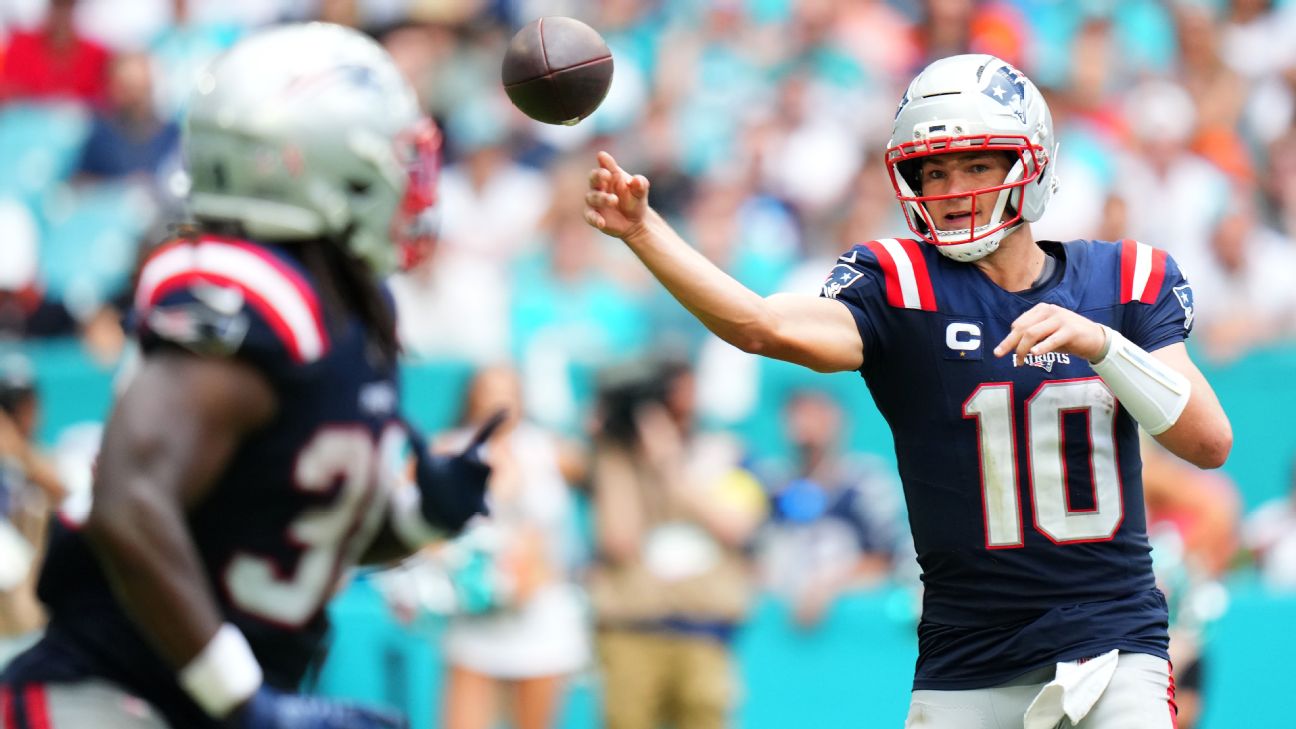NFL Players in Olympic Flag Football: A Game-Changer or a Risk to the Sport's Future?
Exploring the implications of NFL players participating in flag football at the 2028 LA Olympics and its impact on the sport's future.
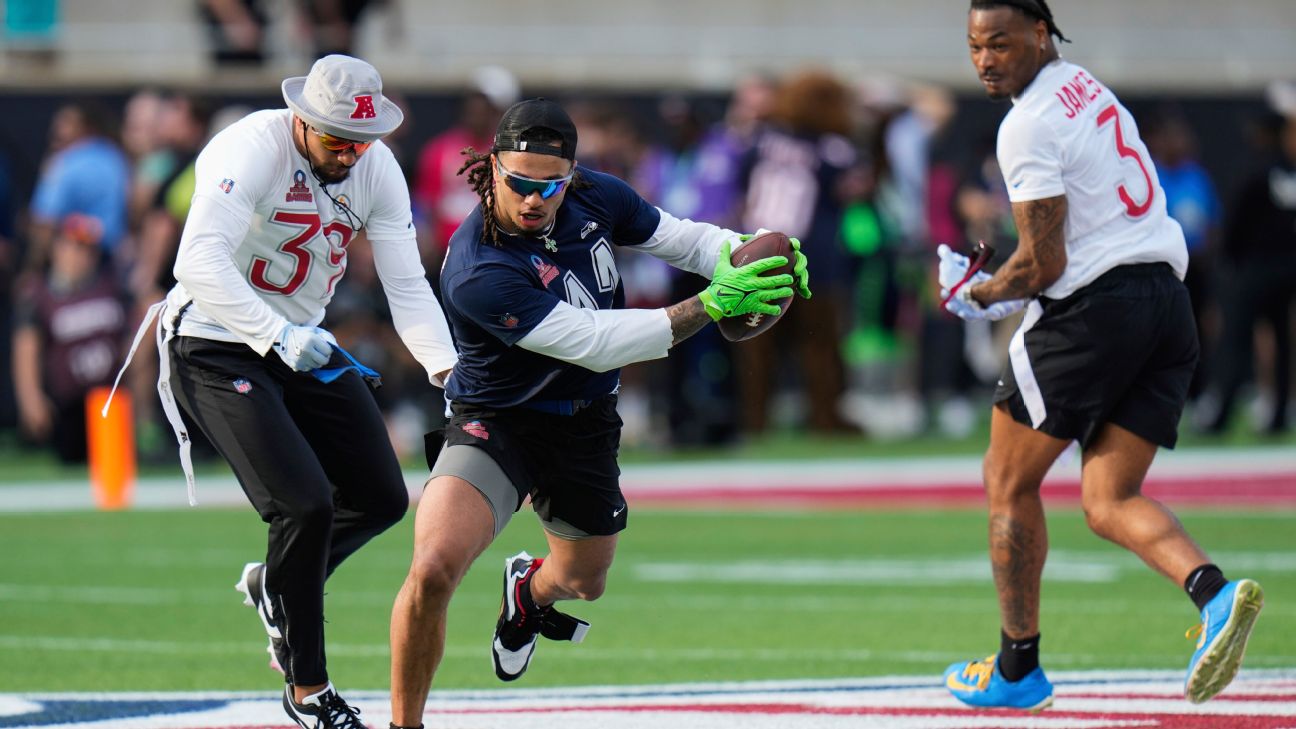
Introduction
The NFL's decision to allow its players to participate in flag football at the 2028 Los Angeles Olympics has sparked a significant debate within the sports community. While this move is celebrated as a historic step towards globalizing the sport, it also raises concerns about the future of flag football and the contributions of those who have nurtured its growth.
The NFL's Historic Vote
In May 2025, the NFL's 32 owners unanimously voted to permit players to represent their countries in flag football at the Olympics. This decision, supported by the International Olympic Committee (IOC) and the International Federation of American Football (IFAF), aims to elevate the sport to new heights. The prospect of NFL stars like Patrick Mahomes competing for Olympic gold has generated immense excitement.
Mixed Reactions and Challenges
Despite the enthusiasm, the announcement has been met with mixed feelings. Many in the flag football community worry that the NFL's involvement could overshadow the efforts of players who have dedicated their lives to the sport. U.S. quarterback Darrell Doucette, a five-time world champion, expressed pride in the sport's growth but emphasized the importance of recognizing the contributions of long-time players.
Federation Autonomy and Player Selection
The IFAF has affirmed that national federations will retain control over player selection criteria. However, the NFL's allowance for player participation in both the Olympics and qualifying processes introduces complexities. Issues such as scheduling conflicts with the NFL regular season and differing preparation standards for NFL players versus other athletes pose significant challenges.
Competitive Disparity and Talent Pool
The inclusion of NFL players could lead to a competitive imbalance, particularly for Team USA, which already dominates international flag football. With Americans comprising 95% of NFL rosters, the U.S. could field an entire team of NFL players, while other nations struggle to find eligible talent. This disparity raises questions about the fairness and appeal of the sport at the Olympic level.
Future of Flag Football
The 2028 Olympics represent a pivotal moment for flag football. While the involvement of NFL players could enhance the sport's visibility and commercial opportunities, it also risks undermining its grassroots foundation. The decisions made by governing bodies in the lead-up to the Games will be crucial in determining whether flag football can establish itself as a sustainable Olympic sport.
Conclusion
The NFL's participation in Olympic flag football is a double-edged sword. While it offers the potential for unprecedented growth and recognition, it also poses significant risks to the sport's integrity and future. As the 2028 LA Olympics approach, the flag football community must navigate these challenges carefully to ensure the sport's long-term success.












